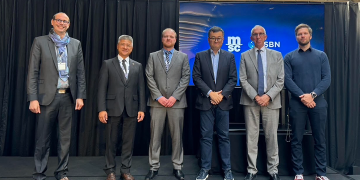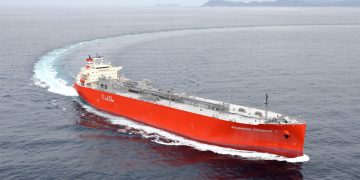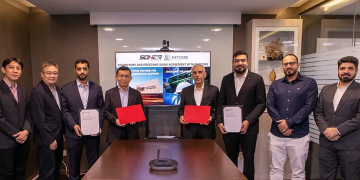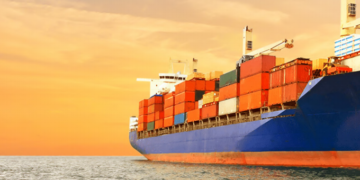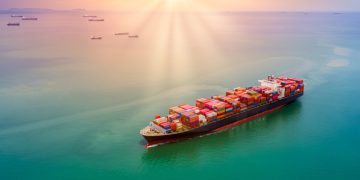ABS Chief Executive Warns on Class Move into Ship Design
Development of in-house green ship designs by class societies risks creating conflict of interest ABS President and Chief Executive Officer Christopher J. Wiernicki has warned that a move into ship design by some class societies creates a fundamental conflict of interest with their role as independent providers of safety approval and certification.Wiernicki used his keynote address at the Houston Mare Forum USA conference to question the rationale of some class societies in promoting energy-optimized designs created in-house, a development he described as 'deeply troubling'.Wiernicki said the issue went to the heart of the underlying principle for classification, yet he was surprised to have heard no other voices questioning the growing intrusion of class into an area of ethical quicksand."The bottom line is that, since the objectives of the designer and the class society are so fundamentally different, having class societies promote themselves as designers is dangerous," said Wiernicki. "It undermines the basic fabric of the industry, it destroys the credibility of class as an independent third party, it has the potential to lead to poor designs that could impact the credibility of the whole industry and it upsets the essential checks and balances between commercial pressures and effective safety and ...
Read more






